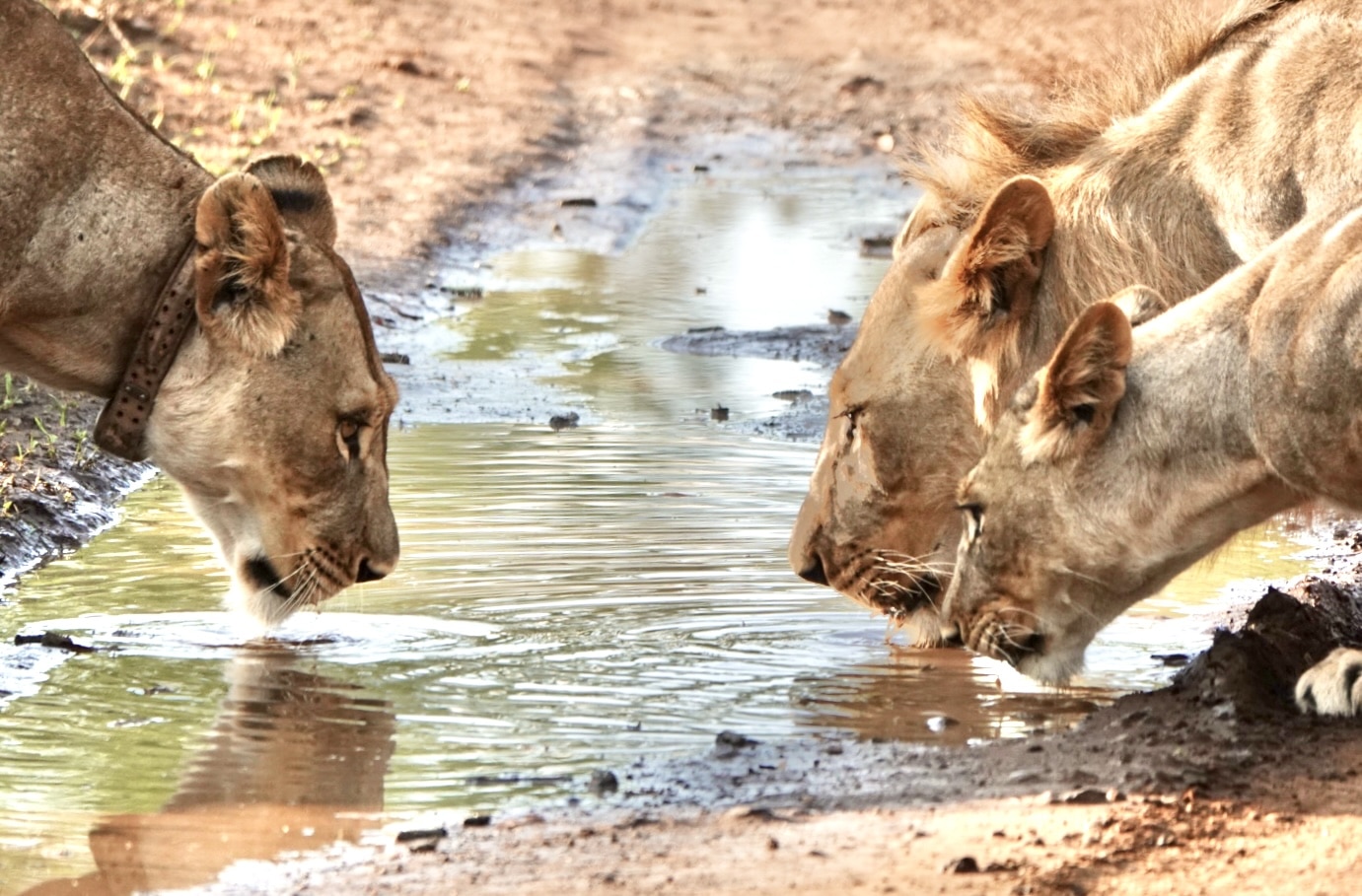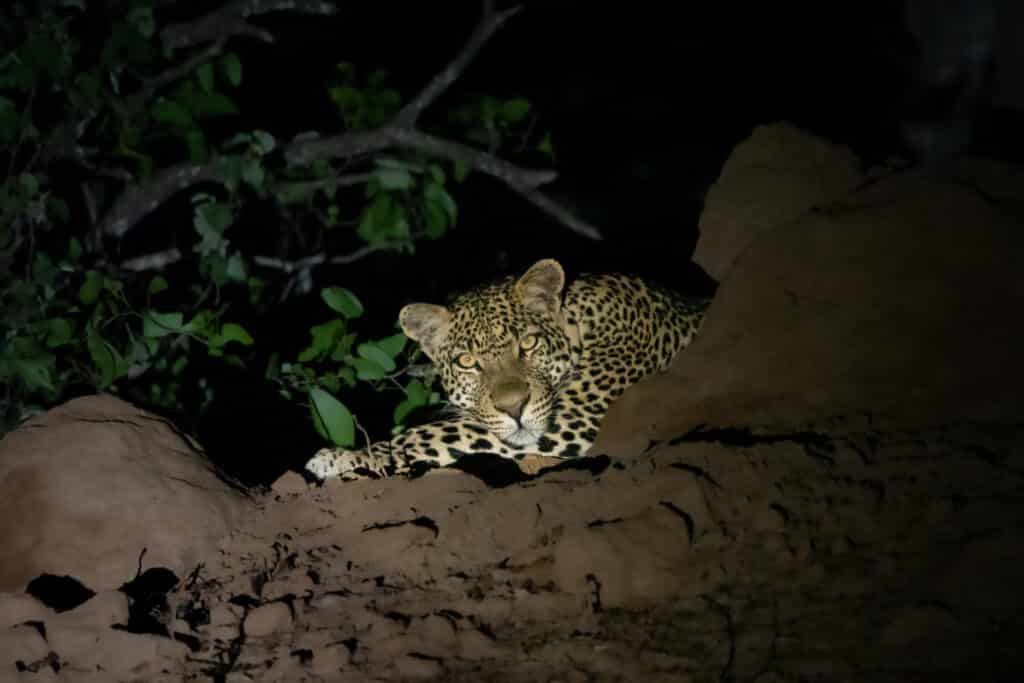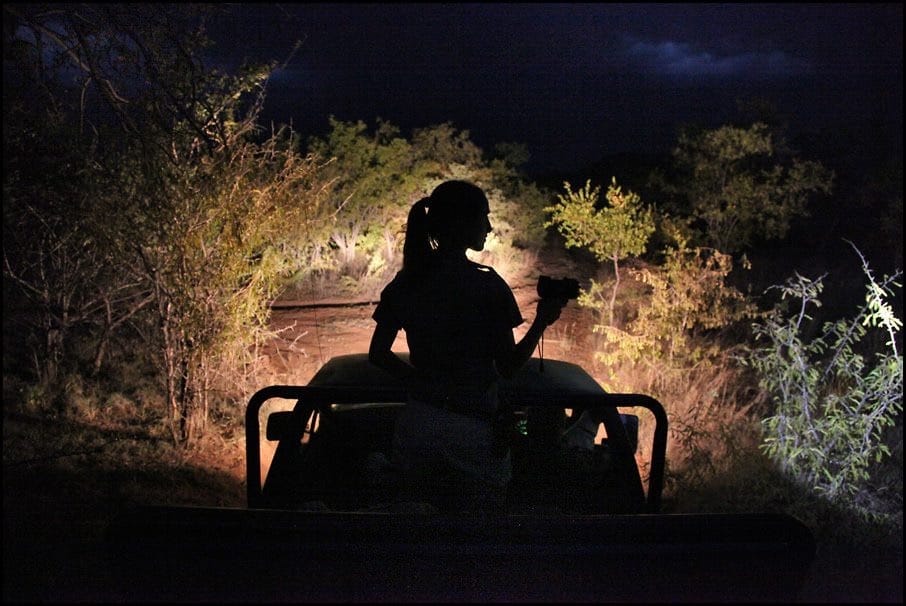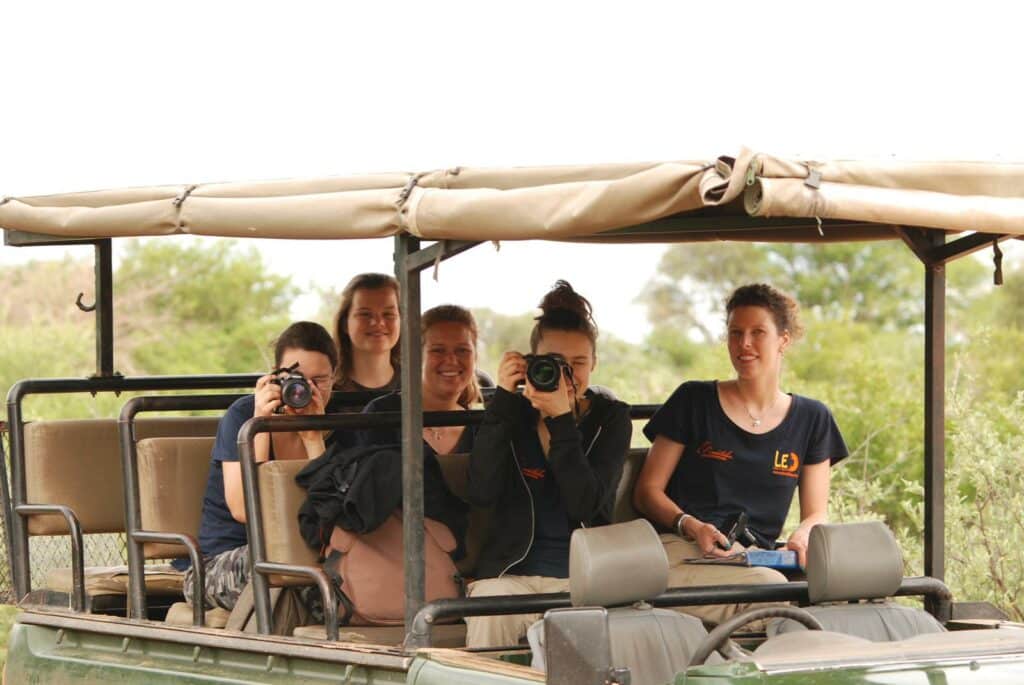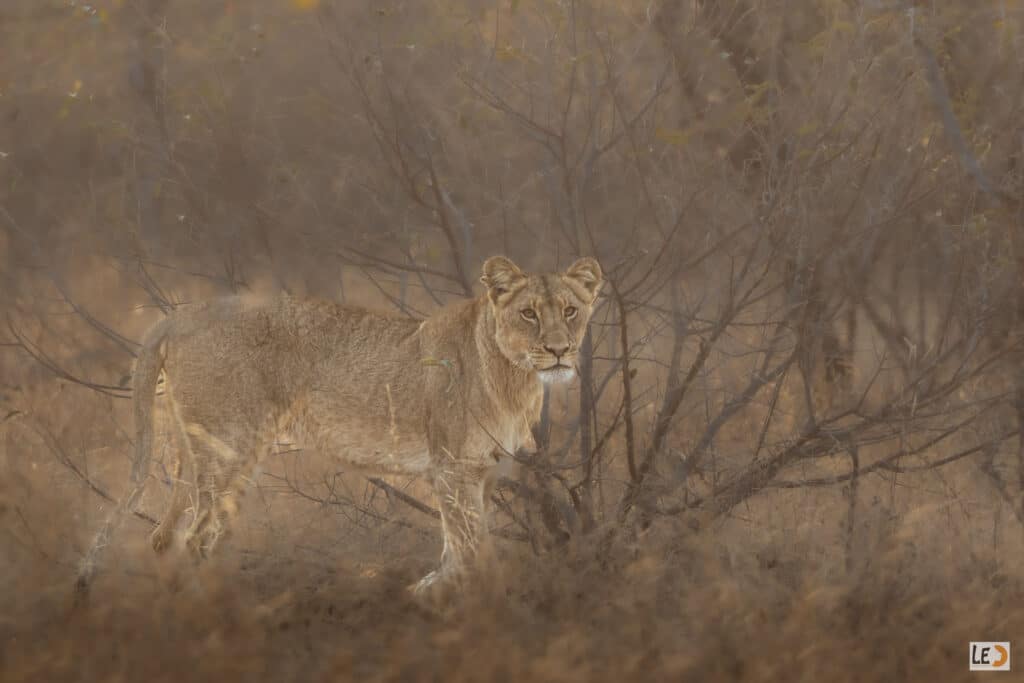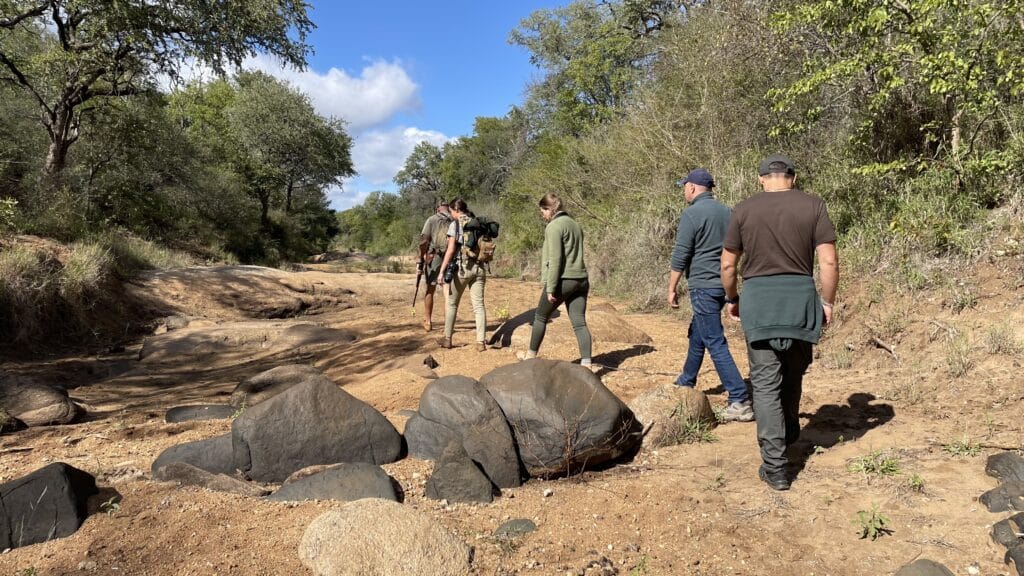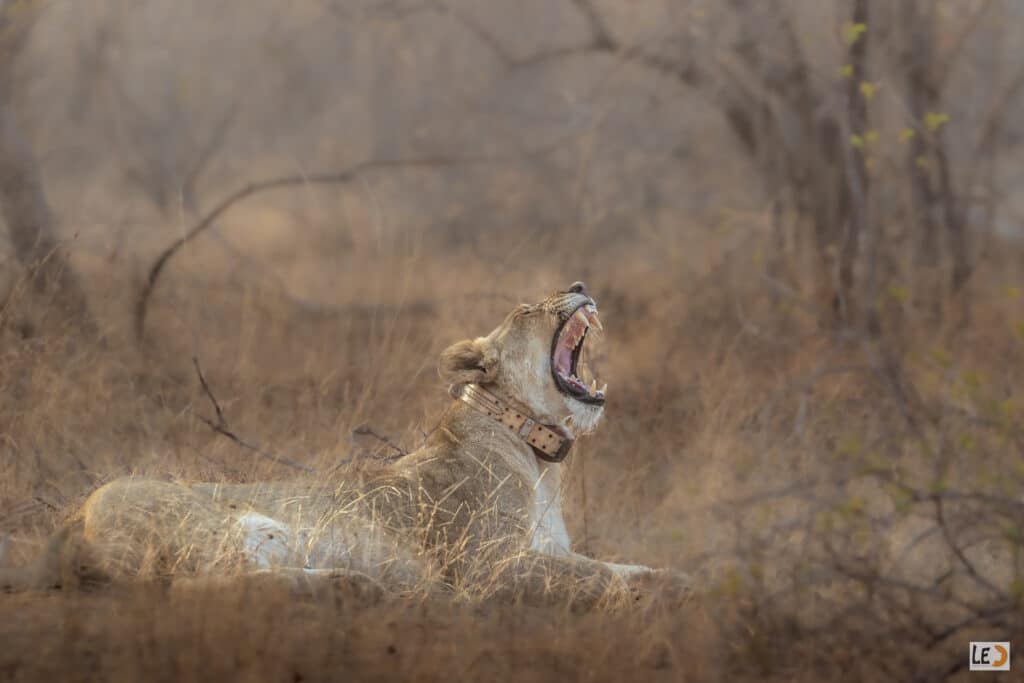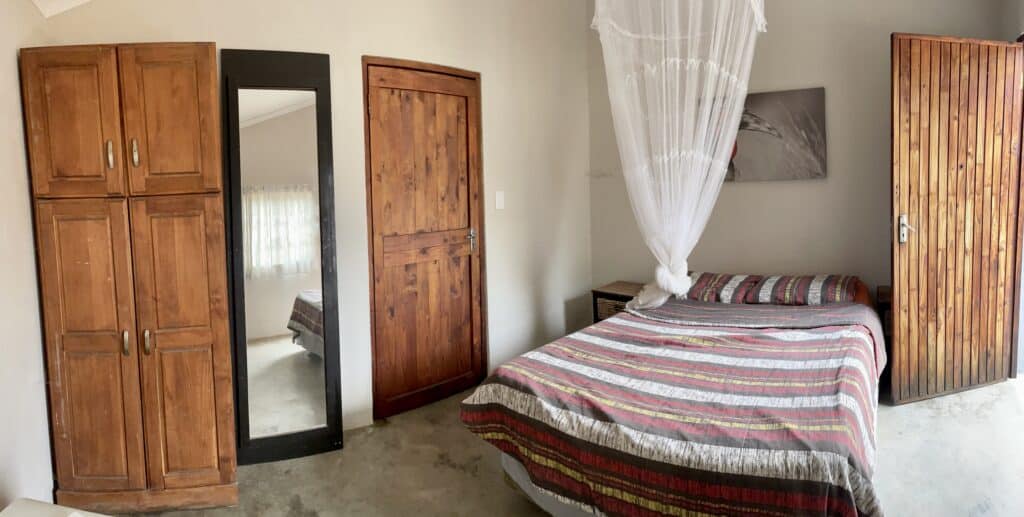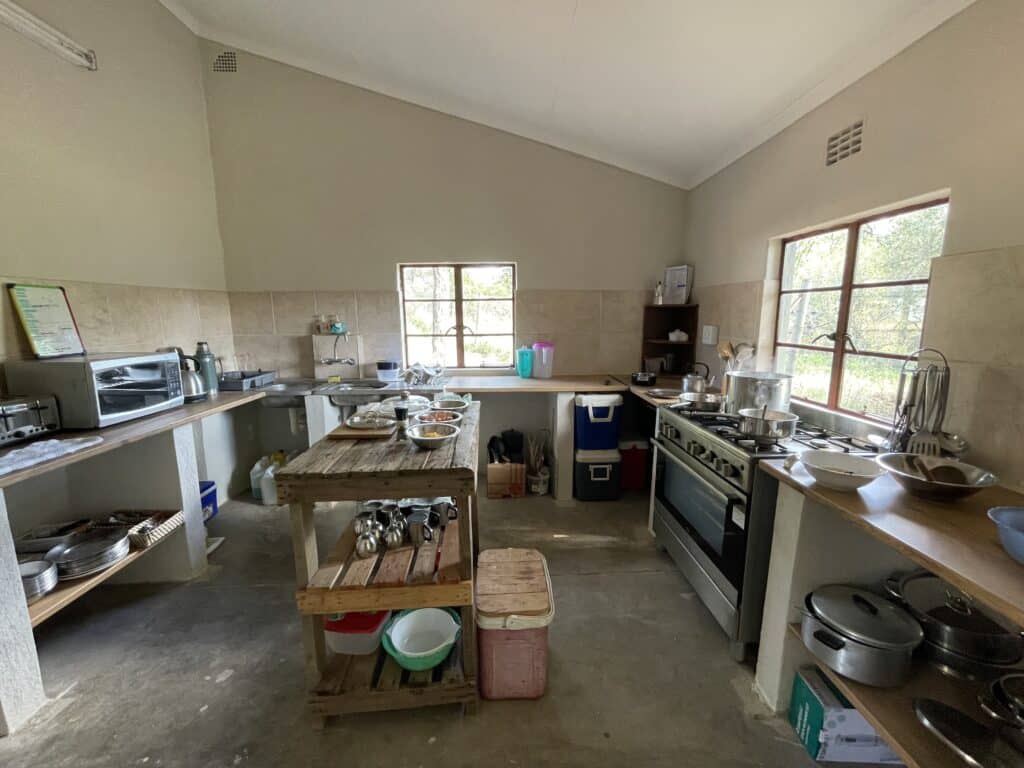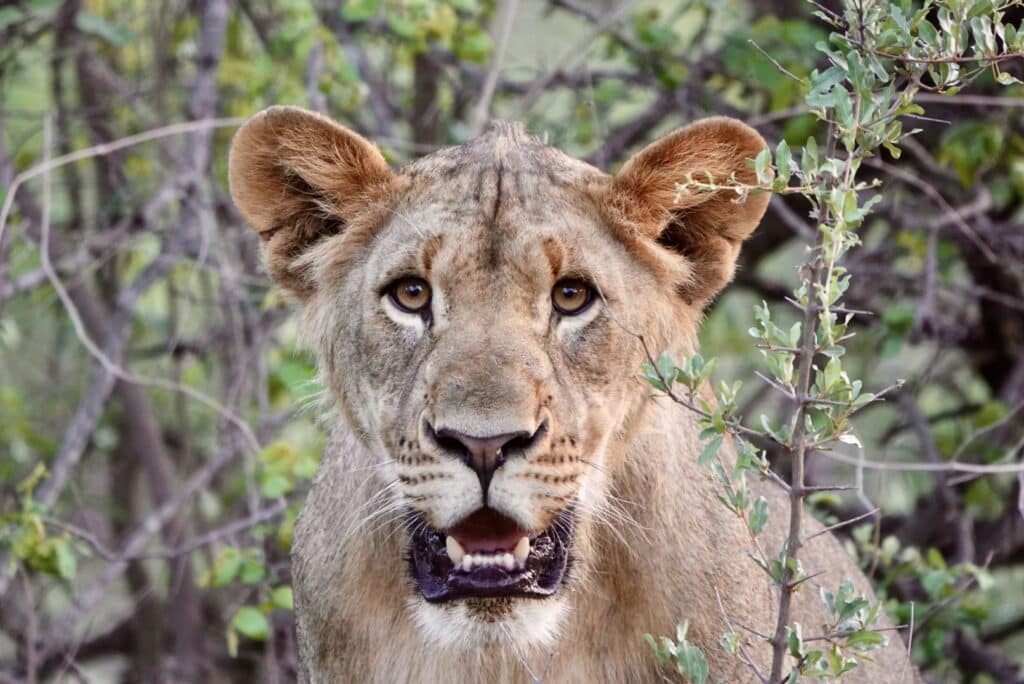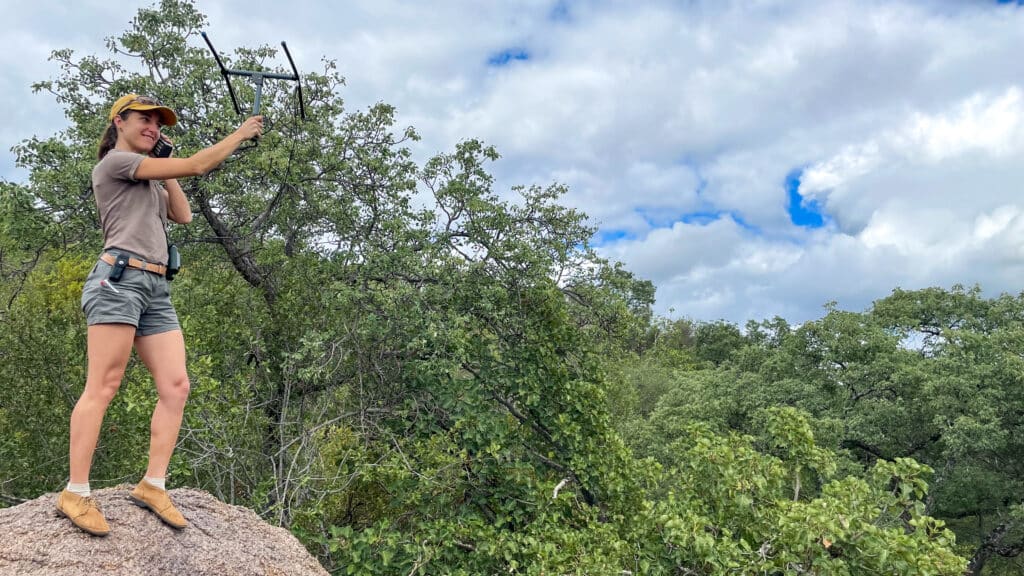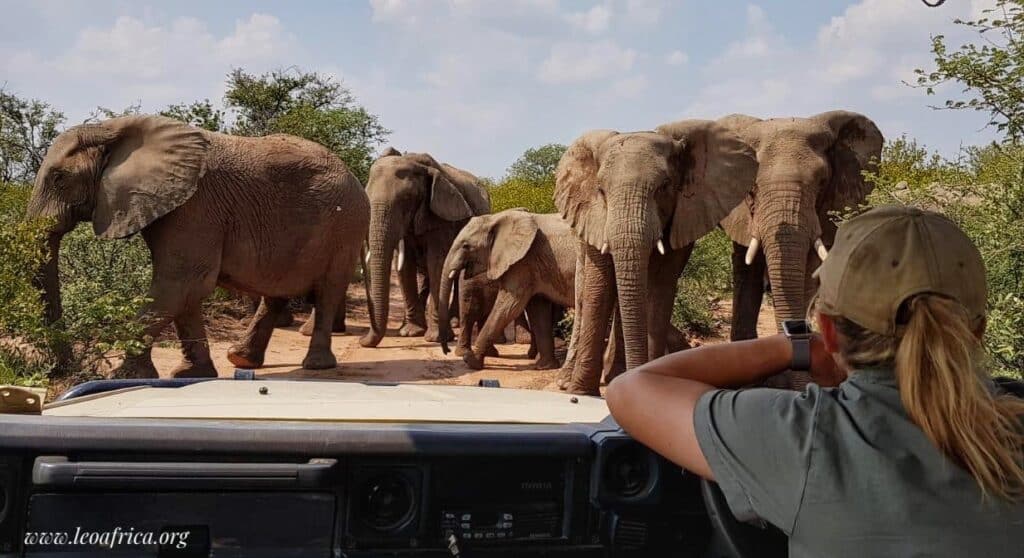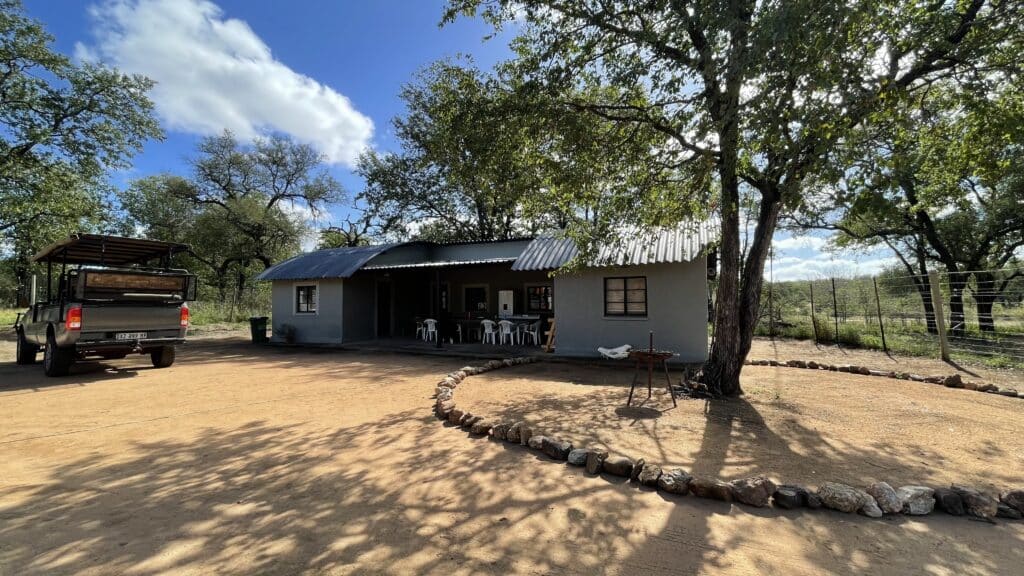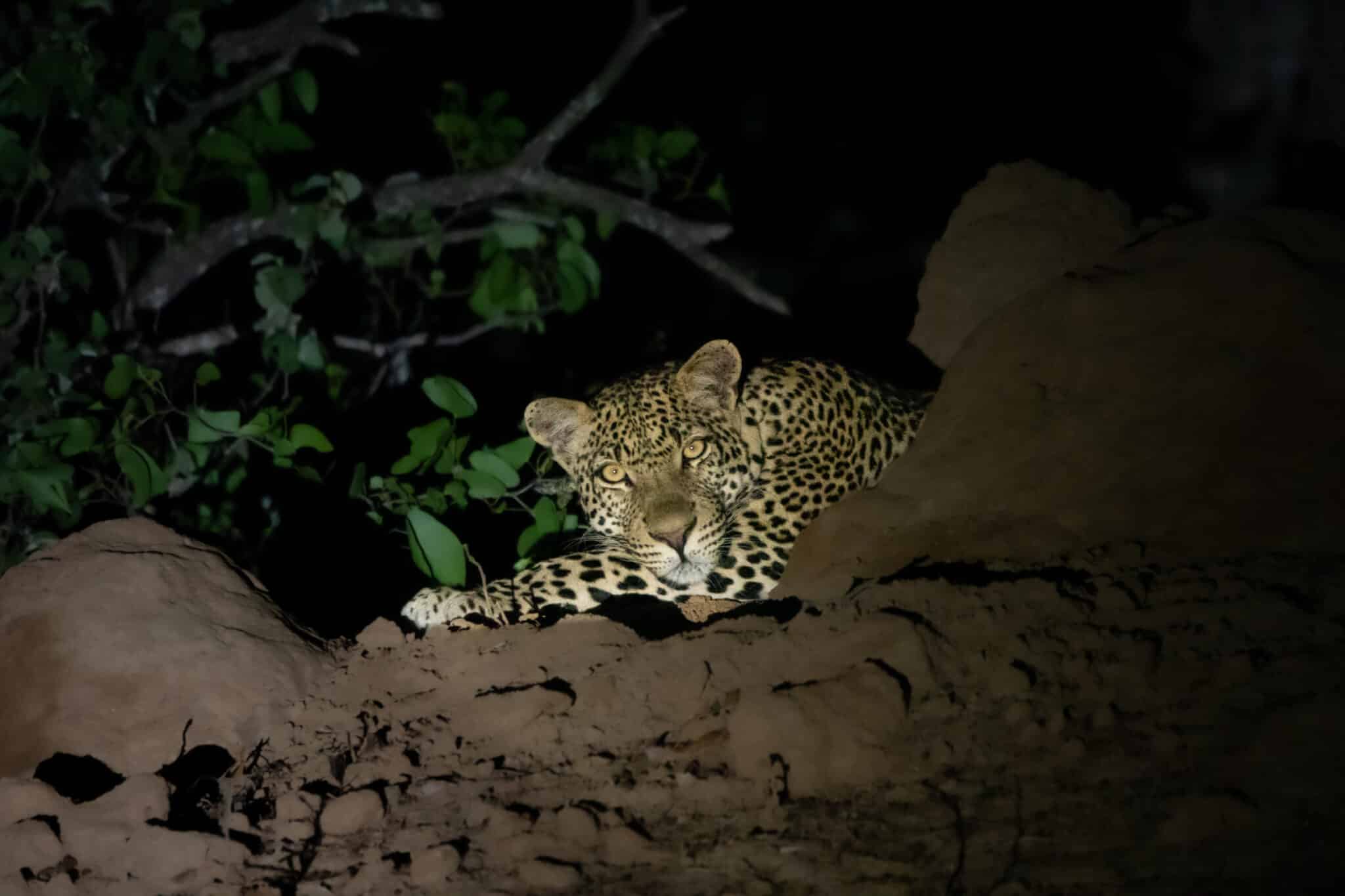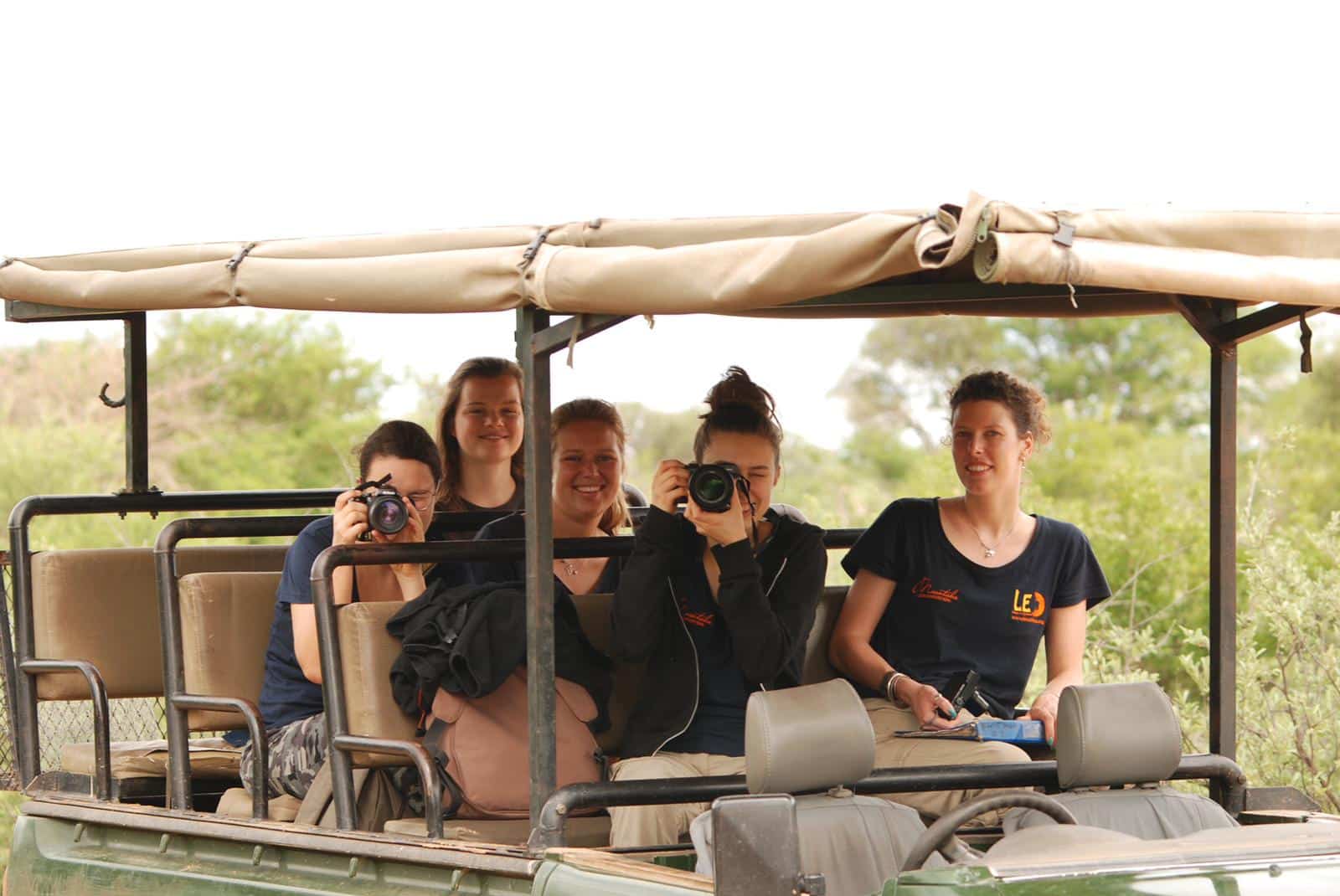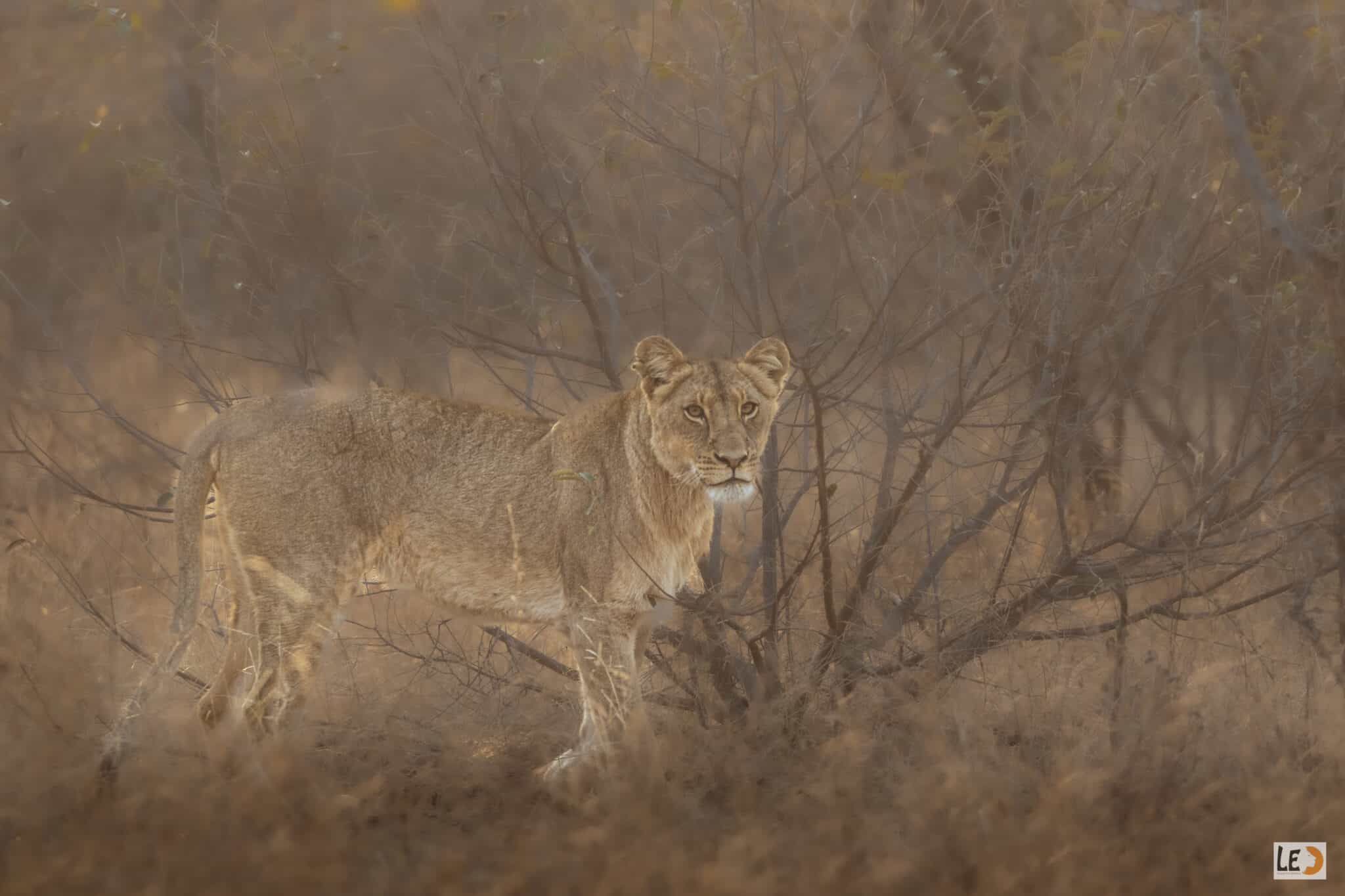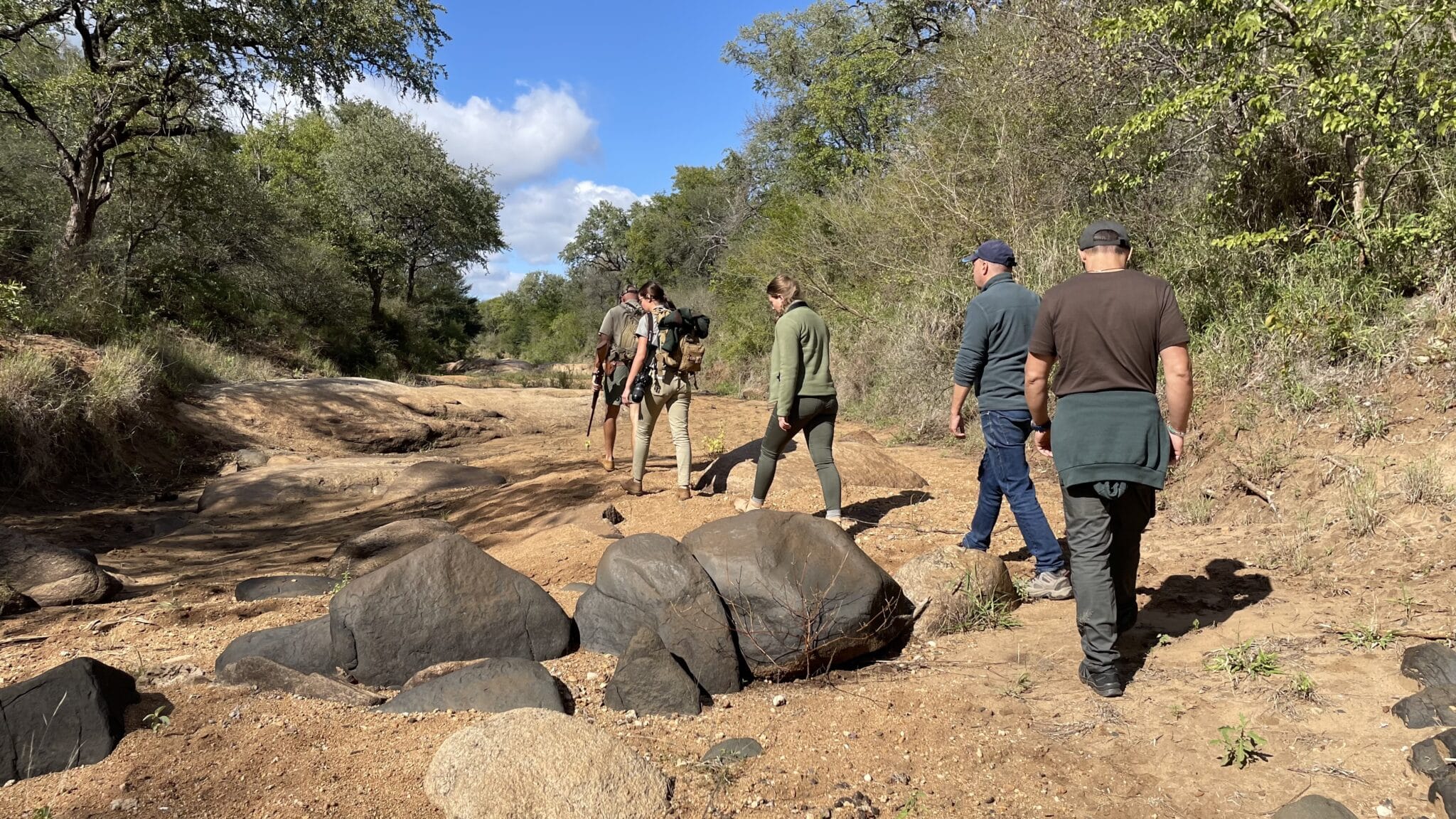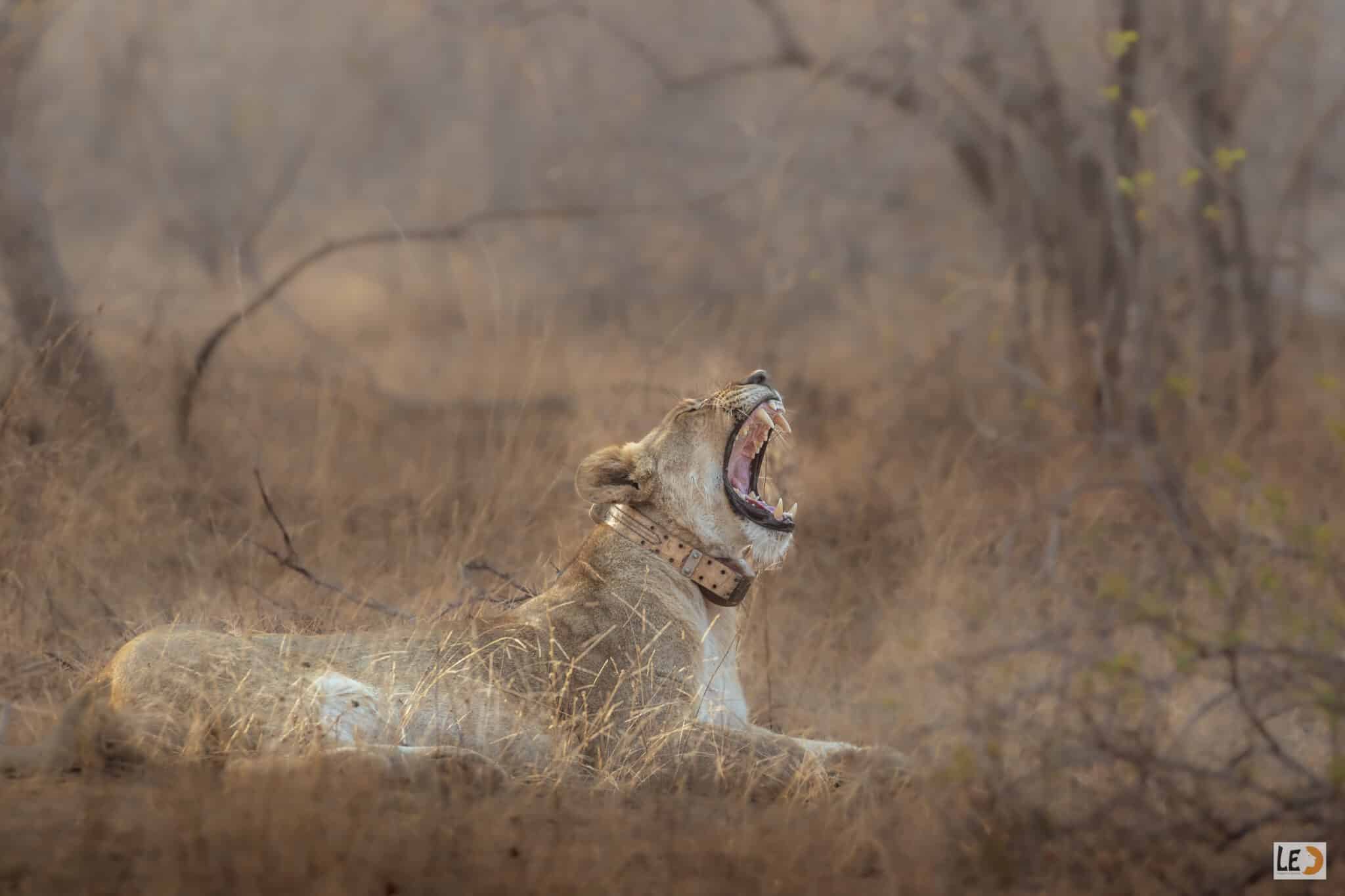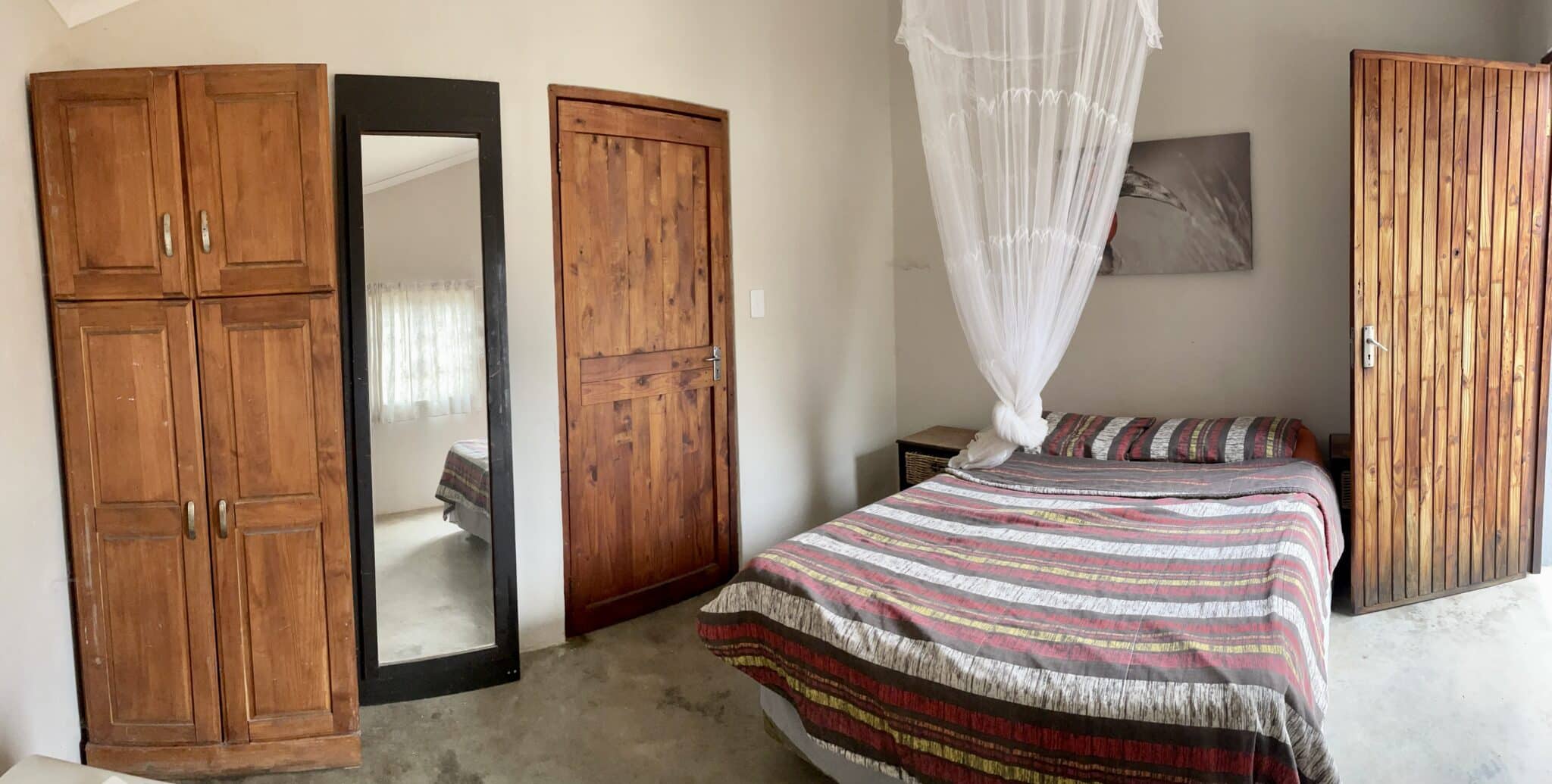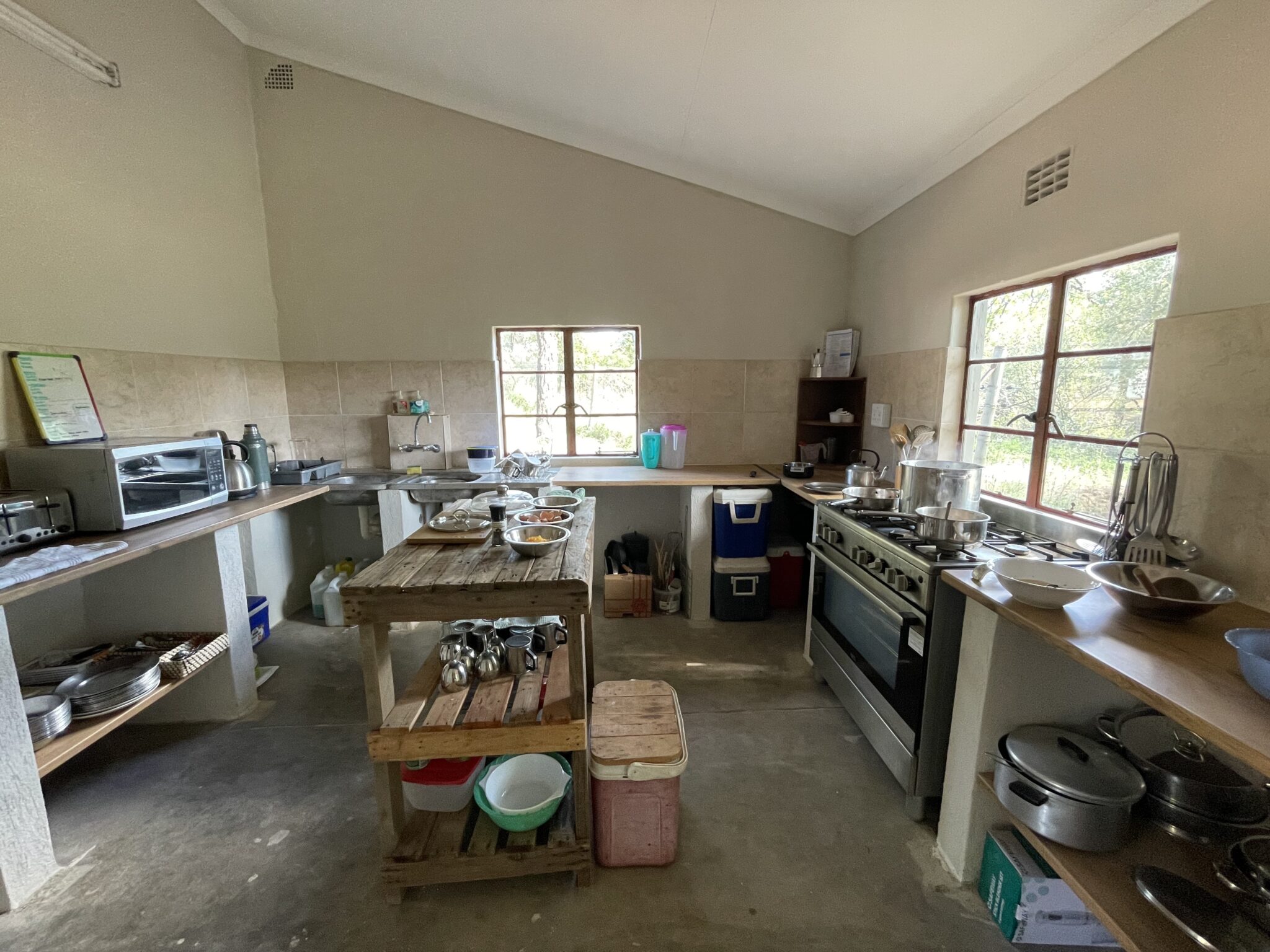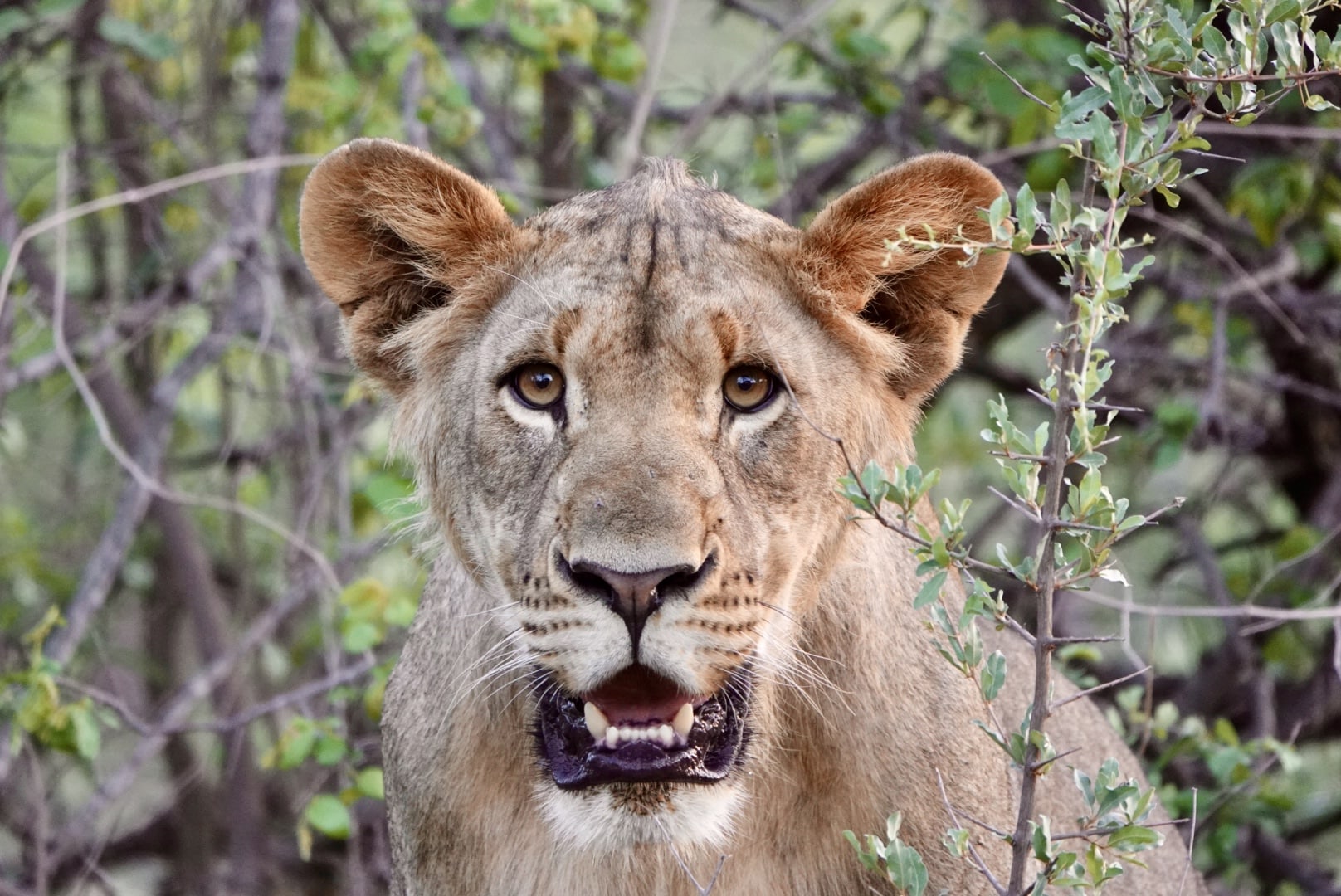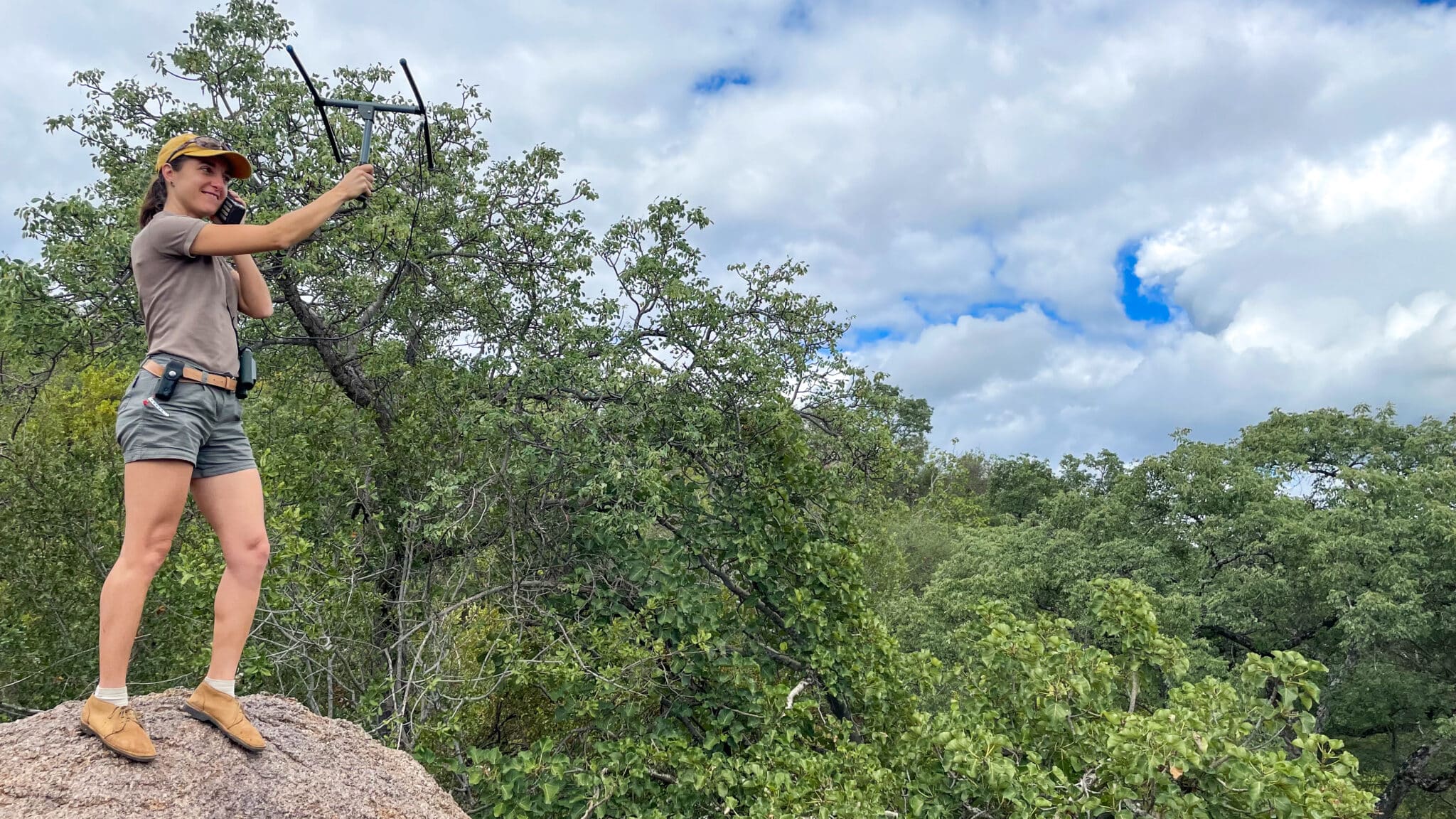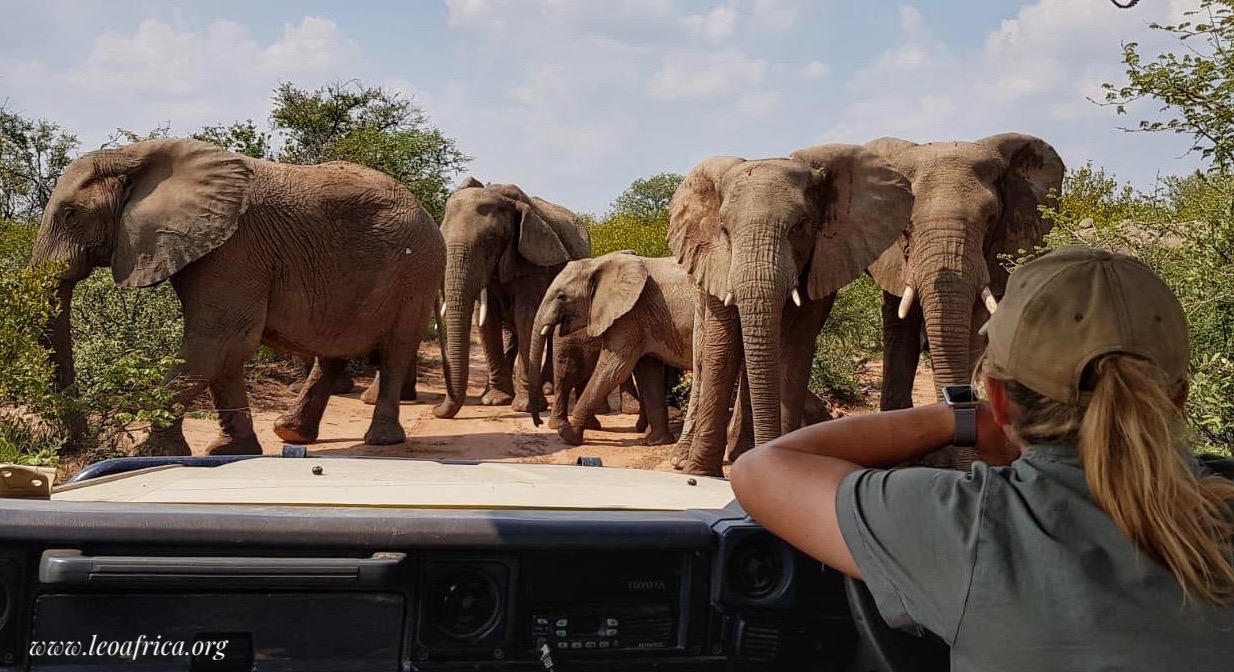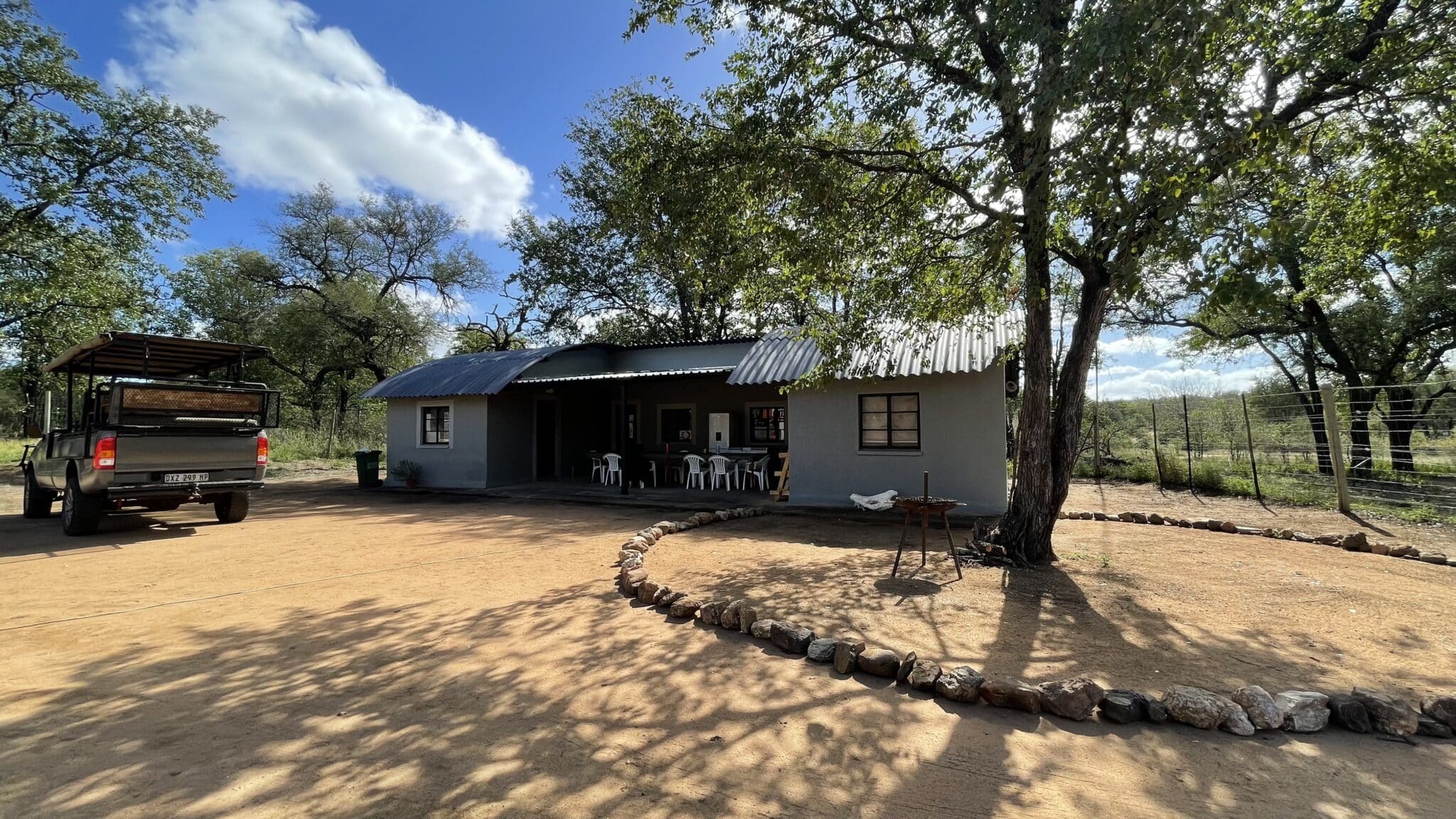Vivez une formidable expérience de vie, en vous engageant comme éco volontaire dans une réserve naturelle en Afrique du Sud. Tous les programmes en Afrique ici – 10% août et septembre
Surveillance des lions, léopards, éléphants, guépards, buffles, hyènes et rhinocéros blancs
Le projet opère dans la réserve naturelle d’Abelana, située à proximité de Phalaborwa et du parc national Kruger. Il s’agit d’un projet à impact positif sur la gestion des écosystèmes et la surveillance de la faune et de la flore. L’organisation partenaire est responsable du suivi des espèces de la réserve. Elle fournit des données sur les lions, les léopards, les éléphants, les guépards, les buffles, les hyènes et les rhinocéros blancs. Son objectif est de maintenir un écosystème le plus adapté possible aux animaux sauvages grâce à des travaux de conservation. Quand un écosystème équilibré est maintenu, la qualité de vie à la faune et à la flore est assurée.
Les données sont utilisées pour la gestion de la réserve
Les données collectées sur la faune sauvage sont utilisées pour aider la direction de la réserve à prendre des décisions sur les pratiques de conservation. Toutes les données enregistrées, notamment par les pièges photographiques, sont utilisées pour préparer des rapports mensuels destinés à la direction de la réserve.
Lutte contre le braconnage
L’organisation partenaire est très active également dans la lutte contre le braconnage et la protection des rhinocéros. Les nombreux pièges à caméra placés dans la brousse servent aussi à détecter toute activité inhabituelle. Ces mesures de lutte contre le braconnage sont accompagnées par des observations sur le terrain, des promenades dans la brousse et des vols en ULM.
Mode de vie durable
Dans le project , un mode de vie durable a été développé avec l’apparition des énergies vertes, le recyclage des déchets et la réutilisation des matériaux. Le project aussi essaye le plus possible de ne pas utiliser plastique et d’enseigner aux volontaires des alternatives pour vivre dans une manière plus soutenable.
Les volontaires sont aux côtés des rangers
Les écovolontaires sont accompagnés par des guides et des gardes forestiers expérimentés. Ils sont au cœur du travail sur le terrain. Ils participent à la surveillance et à la conservation de la faune. Ils enregistrent et surveillent les mouvements et le comportement des animaux. Ils dénombrent le nombre d’animaux tués et les interactions des Big 5, des guépards et des hyènes. Ils peuvent se rendre dans les zones les plus reculées du parc afin de mieux comprendre les activités de la faune.
Voici les principales tâches des volontaires sur le terrain
- Sorties quotidiennes de surveillance : Surveillance du nombre de prédateurs et participation à la création de kits d’identification pour les lions, les guépards, les léopards et les hyènes. La fabrication des kits est cependant faite par les rangers car cela demande de l’expérience. Les volontaires observent les rangers.
- Surveillance du comportement alimentaire, des mouvements spatiaux et de l’impact écologique des lions, des léopards, des guépards et des hyènes.
- Surveillance de l’état de santé et des déplacements des méga-herbivores tels que les éléphants et les rhinocéros blancs.
- Participation aux travaux de conservation : contrôle de l’érosion, entretien des routes, débroussaillage, élimination des plantes exotiques, capture du gibier (à la demande du gestionnaire de la réserve), relocalisation des animaux (à la demande du vétérinaire – et lorsque cela est nécessaire).
- Contribution aux activités indirectes de lutte contre le braconnage en étant présent sur le terrain (c’est-à-dire en dormant sur place et en patrouillant le long des clôtures).
- Aide au traitement des pièges photographiques et à la saisie des données.
- Survol de la réserve en ULM – Le survol en ULM n’est toutefois pas compris dans le prix. Il faut compter 75 € par heure et ce n’est possible que si le temps le permet.
Les principales tâches des volontaires au camp de base
Une à deux fois par semaine pendant une demi-journée.
- Traitement des pièges photographiques, insertion des données.
- Entretien du camp.
- Entretien du potager.
- Préparation du déjeuner ou du dîner pour l’ensemble du personnel et des bénévoles.
Dates
- Toute l’année
- Arrivée le dimanche, départ le samedi
- Minimum 2 semaines, maximum 12 semaines.
- Maximum onze volontaires en même temps
Tarifs
L’organisme partenaire ne reçoit aucun financement du gouvernement, de la réserve ou de toute autre institution et dépend uniquement de la contribution de ses bénévoles et donateurs. La participation des volontaires est utilisée pour leur nourriture, leur logement et pour les dépenses encourues dans le cadre du programme, telles que : les véhicules, le carburant, l’entretien des véhicules et de la maison, les salaires, l’équipement de recherche, les pièges à caméra, les batteries, les ordinateurs portables et tout ce qui est nécessaire pour faire fonctionner et améliorer la qualité et le niveau de performance du programme.
| Nombre de semaines | Tarifs 2023 en € | Tarifs 2024 en € |
|---|---|---|
| 2 semaines | 1340 | 1470 |
| 3 semaines | 1830 | 2010 |
| 4 semaines | 2320 | 2550 |
| 5 semaines | 2800 | 3080 |
| 6 semaines | 3270 | 3590 |
| 7 semaines | 3730 | 4100 |
| 8 semaines | 4180 | 4590 |
| 9 semaines | 4620 | 5080 |
| 10 semaines | 5050 | 5550 |
| 11 semaines | 5470 | 5990 |
| 12 semaines | 5880 | 6450 |
Non inclus : Billets d’avion, dépenses personnelles, assurance voyage, excursions, microlight flight / ULM, transfers en dehors des jours d’arrivée normaux.
Conditions de participation
Il n’est pas nécessaire d’avoir une expérience préalable, mais il est important de respecter certaines conditions et directives afin de s’assurer que vous puissiez vivre la meilleure expérience possible !
Vous devez :
- Etre capable de monter et descendre d’un véhicule 4×4 sans surveillance
- Pouvoir marcher 1 km avec les rangers sans surveillance
- Avoir une assurance voyage/médicale
- Ne pas fumer
- Avoir 18 ans et plus (ou 16 ans et plus s’ils sont accompagnés d’un adulte)
- Avoir un niveau d’anglais moyen/bon (la langue dans laquelle se déroule le programme) Certains guides peuvent cependant aider en italien, français et néerlandais.
- Être flexible par rapport à la vie dans la brousse qui ne se déroule pas toujours selon les horaires prévus.
- Être capable de passer 10 à 12 heures par jour sur le terrain, parfois sous une chaleur extrême (jusqu’à 40 degrés Celsius).
- Être capable de vivre et de travailler au sein d’une équipe internationale dont les membres viennent d’horizons différents.
- Faire preuve d’ouverture d’esprit et vouloir contribuer à la surveillance, à la conservation et à la durabilité de la faune et de la flore.
Logement
LA MAISON
Le camp, situé à seulement 200 mètres de la rivière, est divisé en deux zones différentes : la zone commune et les chambres des volontaires. Vous êtes au coeur de la nature et avez le plaisir d’entendre les cris des animaux la nuit !Le jardin dispose d’une espace pour cuisiner autour du feu le dimanche soir. Le bâtiment des volontaires est composé d’un espace commun extérieur avec des canapés et d’un réfrigérateur solaire, où les volontaires peuvent stocker leur nourriture personnelle.
CHAMBRES PARTAGÉES
Les volontaires sont logés dans des dortoirs avec salle de bains commune. Chaque chambre est équipée d’un lit simple et d’un lit superposé. Les chambres sont propres, elles disposent d’une petite armoire qui peut être partagée par les volontaires. N’oubliez pas d’apporter votre propre serviette et votre sac de couchage.
Une chambre double avec salle de bain privée est disponible sur demande moyennant un léger supplément et sous réserve de disponibilité.
Pendant votre période de séjour, vous avez la possibilité de participer à des excursions (moyennant des frais supplémentaires). Des excursions au parc national Kruger sont proposées. Le parc national Kruger est l’un des plus célèbres du monde et abrite une incroyable variété d’espèces.
Vous pourrez également visiter le Blyde River Canyon, la God’s Window, les Eco Caves et bien plus encore lors d’une excursion sur la Panorama Route !
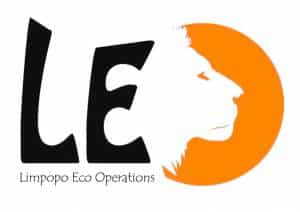
A propos du partenaire
Le partenaire est un organisme qui accueille des volontaires depuis 2005. Il travaille sur un projet de surveillance, de conservation et de développement durable de la faune et de la flore des Big 5 en Afrique du Sud. Sa mission est de fournir des données sur les principales espèces animales (lions, léopards, éléphants, guépards, buffles, hyènes brunes et tachetées, rhinocéros blancs) à la direction d’une réserve. Les données collectées sont utilisées pour aider la direction de la réserve à prendre des décisions éclairées sur les pratiques de conservation. L’organisation fournit un service gratuit à la réserve dans laquelle elle opère. Votre contribution est précieuses ! En rejoignant ce projet, vous apprendrez de nouvelles compétences et remporterez des souvenirs extraordinaires !

